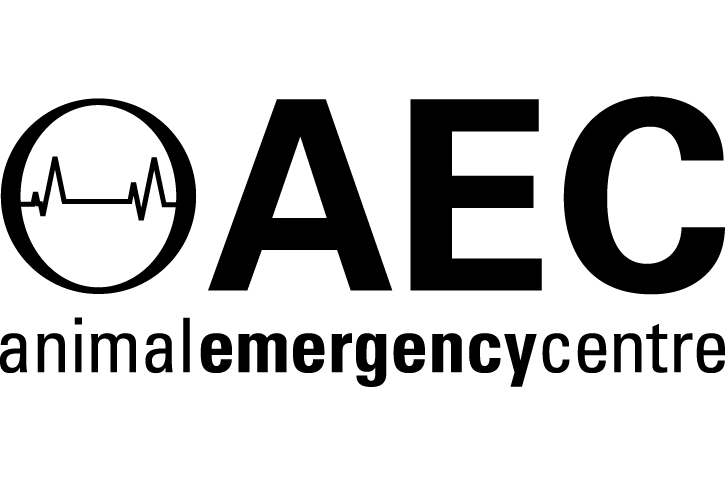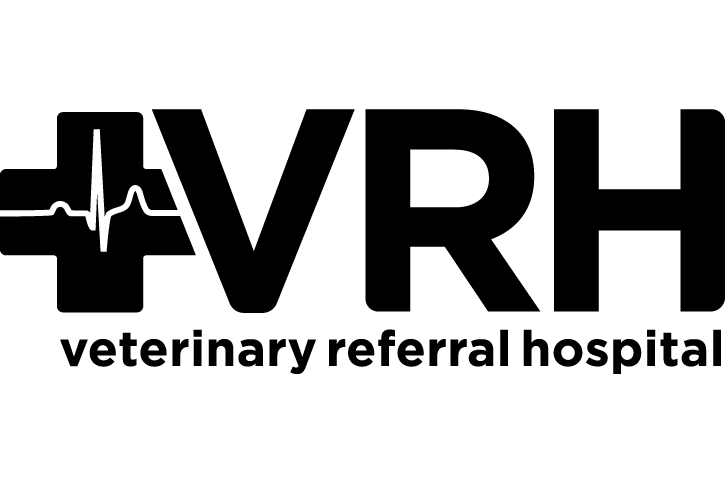IMHA Treatment in Dogs & Cats
What is IMHA?
Immune Mediated Hemolytic Anemia (IMHA) is a serious and life-threatening condition that affects both dogs and cats. In essence, this means that your pet’s immune system, which typically fights off invaders and infections, is now fighting your pet’s own red blood cells. This results in the red blood cells being destroyed, causing anaemia, as well as inflammation (damage) throughout your pet’s body.
IMHA is a disease that has been reported in small animals for over 80 years but unfortunately as yet, we do not have a perfect treatment for the condition. Nevertheless, there are now many newer drugs and treatment options for your pet, which means that they have a much better chance of survival than previously. With careful treatment, up to 75% of dogs with IMHA can make a full recovery and go on to lead a normal life.
Symptoms of IMHA
Signs of IMHA may include collapse, weakness, increased breathing rate, yellow or pale gums. Some dogs will also present with red or black urine. Many dogs have a fever, and most feel unwell, with a poor appetite or even vomiting.

How do you diagnose IMHA?
Diagnosis is usually straightforward – your vet will often notice the tell-tale signs on physical examination and recommend a blood test. This is usually called a “PCV” (Packed Cell Volume) which gives you a quick count of your dog’s red blood cells, reported as a percentage. Normal level of PVC is between 35-55%, with anything less than 35% indicating that your dog is anaemic.
If your dog is anaemic, your vet will usually recommend follow up blood tests to determine the cause of this. There are several classic signs that can be seen on a blood test that can confirm IMHA although additional tests may occasionally need to be performed to ensure that the diagnosis is correct.

A blood sample from a dog with IMHA. Note that the blood is “agglutinating” or clumping together – this is a classic sign of IMHA. Note that the plasma (liquid) in the blood is a yellow color, also commonly seen with IMHA.
Why does my dog have IMHA?
In many cases, we cannot explain why a dog has developed IMHA. There may be a trigger (such as a virus) which initially disturbed the immune system and caused the disease that may have disappeared over time. We usually recommend that dogs diagnosed with IMHA have screening tests performed to look for such triggers, such as cancer, infection, or ingestion of toxins. Discovery and treatment of the trigger may resolve the disease.
Some drugs can trigger IMHA, and while there have been suggestions that vaccines could cause IMHA, many studies have failed to prove this. Your vet may recommend that an X-ray or ultrasound test is performed to look for an underlying cause, especially if your dog is older.
How do you treat IMHA?
Treatment for IMHA has evolved over the years and we currently have access to many more options available.
Immunosuppression
The traditional, and first-line medication is prednisolone (or dexamethasone). This is a steroid that quickly suppresses the inflammation and the immune system’s attack on the red blood cells. Steroids do have side effects when used for long periods of time at high doses, so this medication is typically tapered over 3-6 months as your dog recovers.\
Other drugs are often used to help treat IMHA or to reduce their dependence on steroids. These are drugs that are typically used to suppress the immune system, such as those used after a transplant in humans. They include Cyclosporine, Azathioprine and Mycophenolate.
These are oral medications (tablets or capsules) that can be administered both in the hospital and at home. They are usually well-tolerated by dogs, although some monitoring is required to ensure that they are not causing any side effects.
Blood transfusions
Most dogs with IMHA require at least one blood transfusion, and many require two or more. Each blood transfusion must be appropriate for your dog’s blood type and carefully administered over 4 hours to prevent transfusion reactions. While there are risks associated with blood transfusions, they are only used when absolutely required and can be life-saving. Using blood obtained from healthy donor dogs; it is typically concentrated into “Packed Red Cells” to ensure that your dog gets the blood it needs as quickly and safely as possible. At VRH we have blood stored on-site ready to be given to your dog as soon as required.
Blood clot prevention
A common and often fatal complication of IMHA is the formation of blood clots. Dogs with IMHA have sticky blood that tends to clump together and form blood clots, or “thrombi”. These can travel to the lungs, brain, and other blood vessels to block blood flow. Prevention of blood clots has been one of the biggest improvements in the treatment of IMHA over the past 10 years, with anticoagulant therapy (blood thinners) being standard practice now. While it is still difficult to completely prevent blood clots, we now have many newer injectable and oral medications that can be used, such as “Clexane” (an injection), “Plavix” or “Xarelto” (tablets). These medications are usually dispensed in the hospital and may also be given at home during your dog’s recovery.
Newer or alternative treatments
As mentioned earlier, there are other treatments that have been tried for IMHA treatment to help block the immune-system attack. These include IV infusions of human antibodies (known as IVIgG). Unfortunately, this is very expensive and can be hard to obtain as it is preferentially used for humans. Its efficacy is variable between dogs.
- A plasmapheresis is a treatment that has been around for many years that is currently experiencing a resurgence in popularity for IMHA in dogs. Recent articles have shown effective removal of the attacking antibodies and resolution of agglutination with this treatment. Access to plasmapheresis is limited currently, however, in the future hopefully this will be more readily available for pets.
- A splenectomy is a treatment commonly used in humans with IMHA. The spleen is an organ in the abdomen that helps “clean” the blood and is involved in destroying damaged red blood cells in IMHA. Removing the spleen can help slow down the removal of red blood cells. This treatment is not routinely used in dogs with IMHA unless they have failed more traditional treatments, or a problem is found in their spleen during an ultrasound.
Supportive care
Dogs with IMHA are usually very sick and require around-the-clock monitoring and support. Some dogs require IV fluids (a “drip”) to keep them hydrated or additional oxygen support in some cases. Our intensive care unit (ICU) can provide these supportive treatments to your dog while they recover from IMHA. We may also give them pain relief or anti-nausea medications to help keep them comfortable.
How long does it take to treat IMHA?
Most dogs with IMHA require hospitalisation for around five days. Some may respond sooner, while others will require up to two weeks of hospitalisation depending on complications or if they require multiple blood transfusions. It can be a worrying time for you, and we will keep you frequently updated and informed as to the progress your pet is making.
We encourage owners to visit and spend time with their pets while they are in hospital to help improve their pet’s morale and reduce stress. Once your pet’s red blood cell count has stabilised and started to increase, we will send your pet home, as long as they are eating and able to take medications. Your pet will be sent home with medications for you to give. These medications will be discontinued gradually over time, usually over a 3–6-month period.
Follow up checks are required and will usually involve examining your dog and performing additional blood tests. This ensures that your dog is recovering as expected without side effects from medications.
While IMHA can be a serious disease, many dogs go on to make a full recovery and return to a normal quality of life, making it a very rewarding disease to treat.
Looking for additional information info on common pet illnesses and diagnoses?
For referring vets, please use our online referral form to submit a case enquiry.
Our Network
Animal Referral & Emergency network is the largest specialty and referral network in Australia, consisting of over 20 sites. With over 1,200 dedicated team members, including over 600 nurses and over 390 veterinarians (including specialists and registrars), we provide exceptional care for your pets. Count on us for expert medical attention and comprehensive veterinary services.
.png)








